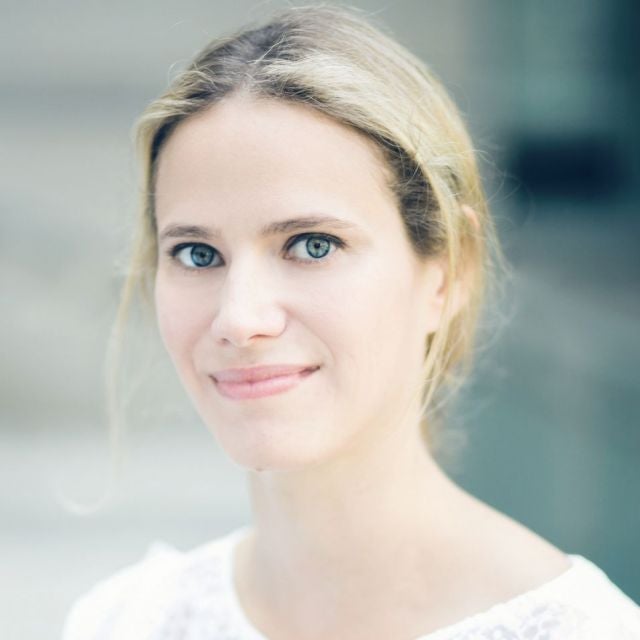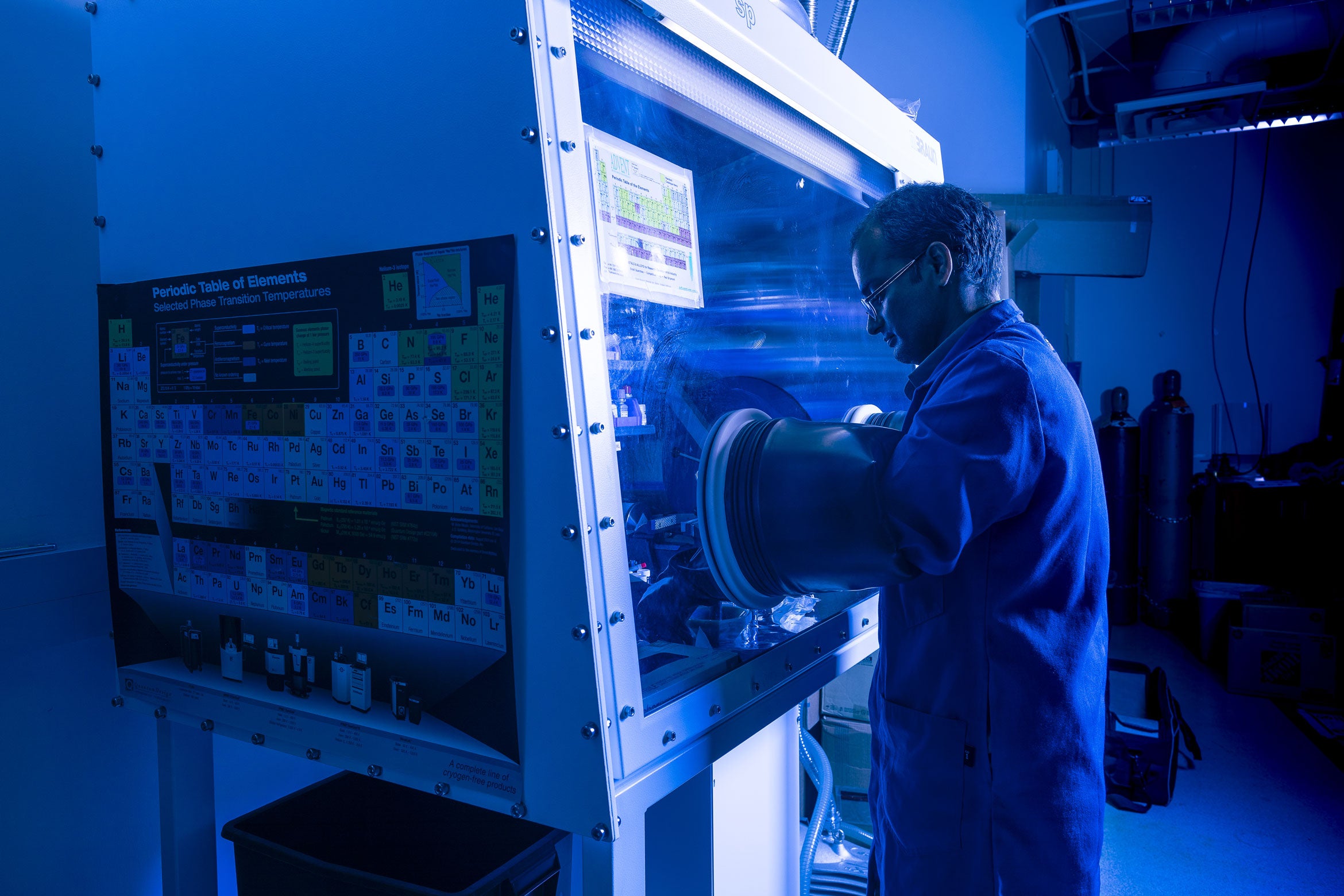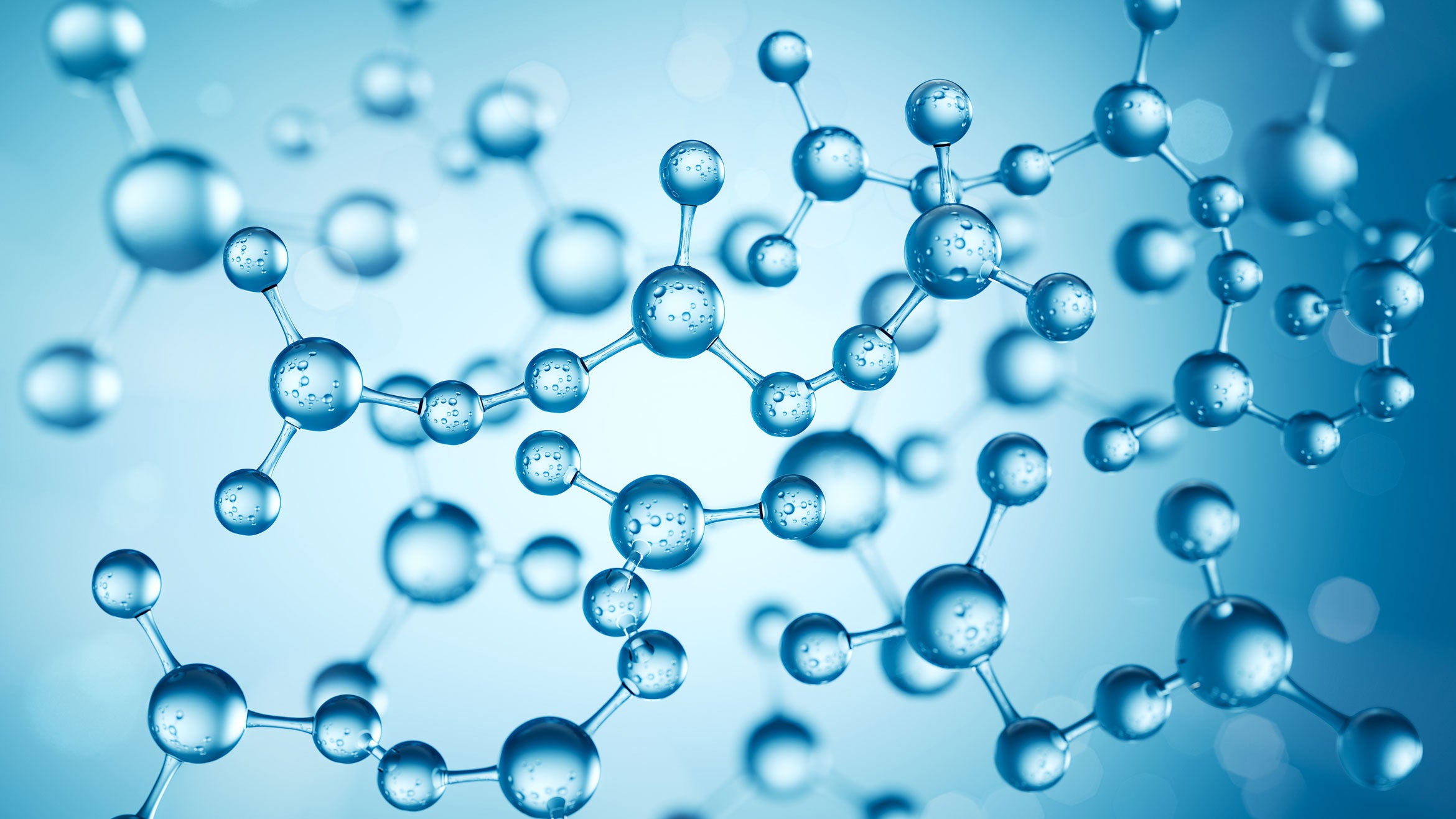
Molecules that Restructure the Mind


Imagine a molecule powerful enough to reconfigure your mind and body — a molecule that makes your bones and muscles grow, makes your organs behave differently and alters your mind and your mood.
Such is the power of sex hormones — estrogen, progesterone and testosterone. These naturally occurring chemicals are used by the human body to reorganize itself at various stages of life — puberty, pregnancy and menopause. Until recently, however, little scientific research has been done on the hormones’ effects on the human brain.
Enter Caitlin Taylor, a postdoctoral researcher in neuroscience at UC Santa Barbara and Emily Jacobs, an assistant professor in the Department of Psychological & Brain Sciences.
“Menopause is one of the most profound neuroendocrine changes in a women’s life, on par with puberty,” said Jacobs. “Both involve physical and mental changes. Some women transition through menopause with few symptoms, others are completely debilitated. But few neuroscientists have asked why. My lab is studying how hormones shape the brain before, during, and after menopause, so we can understand who is likely to undergo healthy cognitive aging and who will not.”
Jacobs and Taylor have devised a two-pronged approach to investigate the effects of sex hormones on the brain. While Jacobs studies naturally occurring sex hormones, Taylor looks at sex hormones women ingest in the form of oral contraceptives (OC), better known as “the Pill.”
For her contribution, Taylor has received the 2019 Harvey L. Karp Discovery Award. Made possible by business leader and entrepreneur Harvey Karp, the award recognizes exceptional postdoctoral scientists and provides seed funding to support their innovative research.
“Over 100 million women worldwide are using the Pill,” said Taylor, a junior fellow at UC Santa Barbara’s SAGE Center for the Study of the Mind. “They have been consuming estrogen and progesterone daily, potentially for decades. These are incredibly powerful neuromodulators, playing huge roles in how the brain functions. But until recently, no one was asking what happens to the brain when we mess with these hormones by taking the Pill. Here we are with these big brain imaging databases, and there isn’t a single one that includes adequate information about oral contraceptive use.”
With funding from the Karp award, Taylor and Jacobs are now creating the University of California Women’s Brain Initiative, the largest brain imaging database dedicated to advancing women’s health. The database leverages the activity of the broader UC neuroimaging community, allowing researchers across campuses to pool data into a central repository. UC Santa Barbara and UC Berkeley have already signed on. Now, any time a person gets a brain scan at either institution, their brain imaging data, as well as detailed information about that person’s OC use (among other medical and reproductive health data), is entered into the database.
With the support of the Karp, they are now building the infrastructure necessary to expand to all 8 UC campuses with a research-dedicated Brain Imaging Center. This will further escalate the sample size they can draw upon – ~10,000 unique participants annually – to ask questions at the intersection of the brain and behavior. Their initiative is poised to provide an unprecedented amount of data to answer overlooked questions of critical importance to women’s health.
“There are so many factors that we need to look at,” Taylor said. “Which OC, when did the person start it, how long have they used it, how long have they been off it? To be able to really understand the effects on the brain, we need a larger number of participants than any one lab could possibly recruit. If the University of California works together on this, we can answer this and other long-overlooked questions about hormones and the brain.”
“Caitlin is the perfect choice for the Karp Discovery award,” said Bridget Queenan, a research scientist at the SAGE Center. “She’s attacking a fundamental and completely neglected question about human physiology — what are hormones doing to the brains of men and women over their lifespan? And she’s also changing the way in which cognitive neuroscience is conducted. She’s pulling together people from across the UC system to answer difficult important questions that no one could answer individually. Her research program has the potential to revolutionize not only our understanding of human health, behavior and aging, but the way we go about conducting research on the brain in general.”
Noted SAGE Center Director Michael Gazzaniga, “Anyone who meets Caitlin knows she’s something special. She’s got this great scientific question. But she’s also got the ability to get people together and get things going. Caitlin is already a leader in the cognitive neuroscience community here at UCSB. I’ve no doubt that, with this award, she will become a leader across the whole UC system.”
Prior to the UC Women’s Brain Initiative, scientists didn’t have adequate data for determining the impact of oral contraceptives on the brain. “Now with the Karp award, we can build a UC-wide team to answer this and a thousand other questions about the brain no one has been able to approach yet,” said Taylor.
This project is also supported by a 2019 Hellman Fellowship and a 2019 UC Santa Barbara Academic Senate grant awarded to Jacobs.



